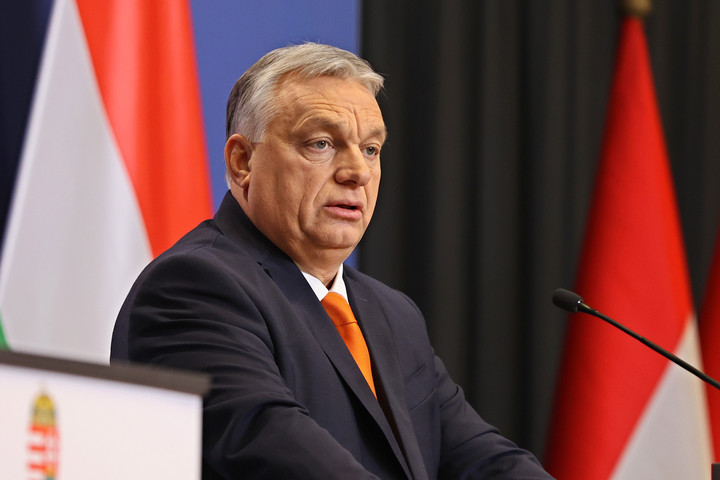Hungary is just wrapping up its most difficult year since 1990, the same year the country transitioned from communism to a democratic, market-based system, said Prime Minister Viktor Orbán at his year-end press conference on Wednesday.
“I will try to summarize how the government sees 2022 for Hungarians. This has been Hungary’s most difficult year since the fall of communism, but the country has delivered an extraordinary performance,” said Orbán.
The prime minister said that the national election held in April 2022 was “a real fight for freedom,” and the country’s independence had to be defended because international actors were heavily involved.
[pp id=49846]
“Three billion forints worth of dollars against three million Hungarian voters. The latter won, and this was also extremely important because it meant that a stable, predictable, national government was formed, while Brussels and the liberal world wanted a left-wing government,” said Orbán.
Orbán was referring to the flood of foreign money that reportedly went into the elections to prop up the left-wing opposition. The authorities are currently investigating the allegations.
Hungary has done an extraordinary job of staying out of the war in our neighborhood,
which unfortunately has had Hungarian victims, he said.
According to the prime minister, this war is characterized by the fact that there are only losers, and these losers are not only the warring countries but also all of Europe because sanctions are bringing about a sharp economic downturn. He said that Europe has already been dragged into the war.
[pp id=41676]
“Whoever supplies weapons is up to his ankles, whoever trains soldiers is up to his waist, whoever is training an entire warring country is up to his eyeballs in war,” he said. Orbán hoped that Europe would not be neck-deep in war and said that Hungary would remain out of it.
Despite the difficulties, the country has performed well, as shown by the fact that from Jan. 1, 2023, the minimum wage will rise by 16 percent to a gross value of 232,000 forints, according to a report from Hungarian news outlet Magyar Hirlap.
The guaranteed minimum wage will rise by 14 percent to HUF 294,400. The guaranteed minimum wage will affect 730,000 people and the minimum wage 200,000. The increases will also significantly raise wages above this level.
He said one of the country’s top performances in 2022 was on migration. The prime minister said “we are in a unique situation because we are hit by migration from two directions.”
[pp id=56177]
He stated that 250,000 illegal border crossing attempts were prevented this year by Hungary’s border guards.
Yet another “outstanding achievement was that we were able to finance the country’s energy supply. We paid €7 billion for total Hungarian energy imports in 2021, while this year we paid €17 billion,” he said.
He also noted that never before have so many people worked in the country as this year, with employment at a 30-year high of 74.6 percent.





